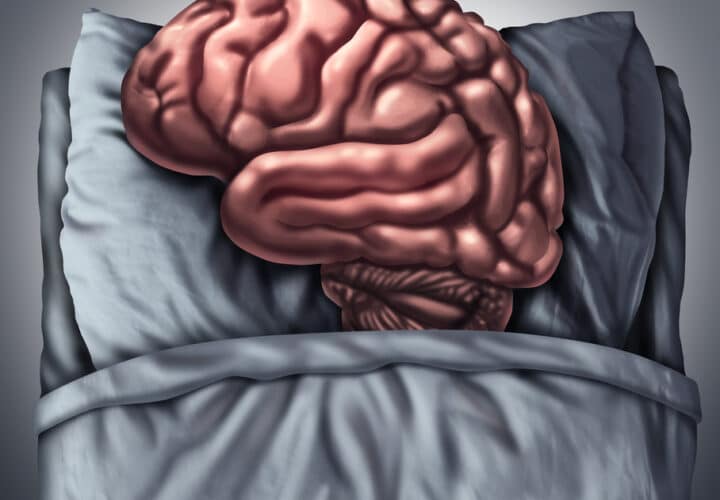Scientists have found that light treatment could have beneficial effects on the sleep and behaviors of people living with Alzheimer’s.
Sleep is something Alzheimer’s patients and caregivers ask about most—and with good reason. Most dementia patients experience a change in sleeping patterns that affects their day-to-day life. And scientists have actually linked disturbed circadian rhythms to Alzheimer’s years before other symptoms like forgetfulness start to show up.
For those patients who are sleeping through the day and rummaging or pacing through the night, getting a poor night’s sleep affects mood and aggression. To help, scientists tracked whether changing lighting conditions to individualized settings might signal to the brain that it’s time to sleep. In a study of 43 people with dementia over an eight-week period, they found that changing the lighting conditions significantly decreased sleep disturbances, depression and agitation.
“Here we show that if the stimulus (light dose) is carefully delivered and measured, it can have a strong impact on sleep, depression and agitation,” said principal investigator and lead author Mariana Figueiro, Ph.D., a professor and director at the Lighting Research Center at Rensselaer Polytechnic Institute in Troy, New York. “Depression was a secondary measure, and I was pleasantly surprised by the positive impact of the light treatment on depression scores.”
The intervention included adding lights to the places patients spent most of their time, turning them on during waking hours and off at 6 p.m. Each patient wore a device that measured how much light exposure they received.
Figueiro said they swapped out a more ambient light for the facility’s existing incandescent light—kind of like mimicking a room filled with natural light rather than one lit by a lightbulb. The light they used was 10 times brighter than what the facility had in place, along with a special light table by each bed. The lights used were a more blueish-white light, said Figueiro.
The right lighting can boost sleep and mood for Alzheimer’s patients—and because the patient’s sleep affects the caregiver’s sleep, it may be that setting the right lighting conditions can improve quality of life for caregivers, too. Around 70 percent of the estimated 5.7 million people in the U.S. with Alzheimer’s live at home with a caregiver, and the researchers hope that in-home testing of this finding might provide some symptomatic relief.
This study was published in the journal Sleep.



Very interesting!!! I am APOE 4 . My mother had altzheimers. My older sister has altzheimers and I have been diagnosed with the disease. I am 70 years old and under a doctors care for it for 2 years. I read everything I can and have found supplements I am taking are helpful but eating right seems to be the key.
None of these studies discuss Ambien or Lunesta and their long-term effect of using them daily for sleep.
What pills should I take fore sleeping issues? Now I am using Tramadol but want to change it to something easier. Currently I am buying from here because I am from Netherlands: https://zonderreceptmeds.nl/
Hello, we aren’t able to provide medical advice, and we recommend speaking with a doctor about medications for sleep issues. Take care!